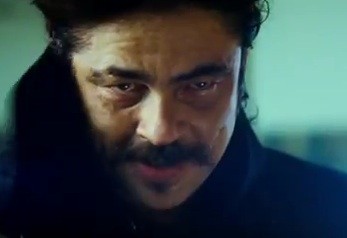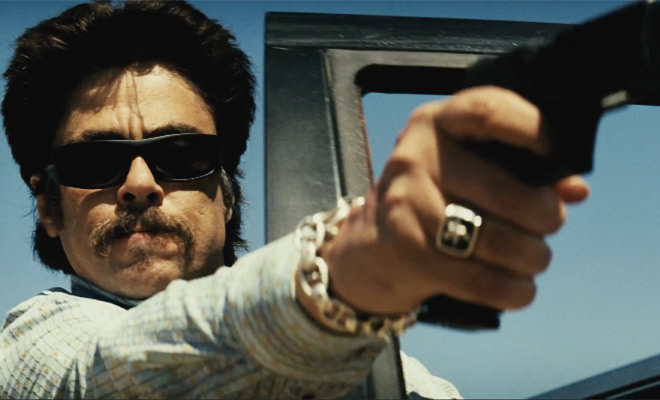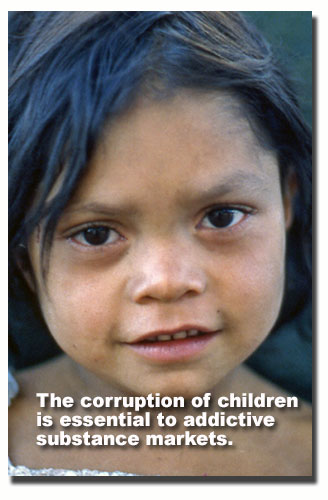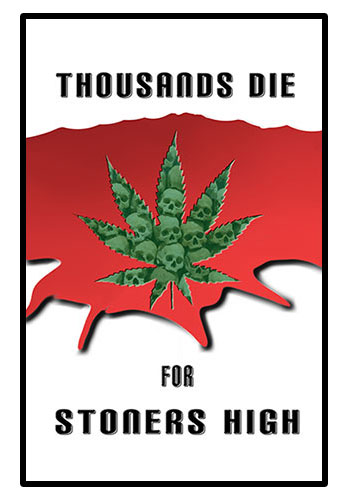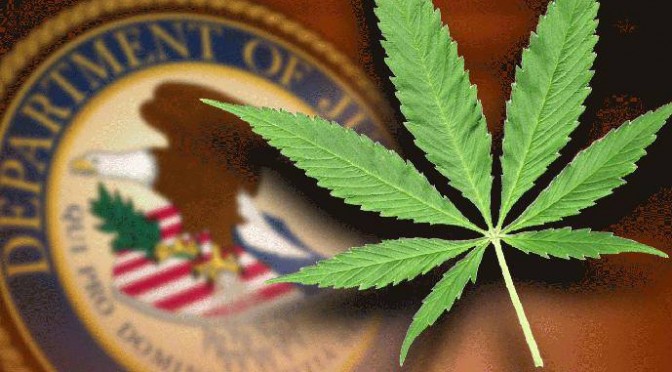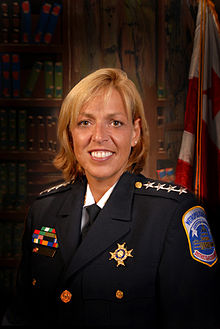One of the arguments to legalize marijuana use is that the “War on Drugs” failed. The term “War on Drugs” was adopted by President Nixon nearly 50 years ago, but it was officially dropped in 2009. Like “War on Poverty,” “War on AIDs,” it represents a concerted effort to get rid of something. The Drug Policy Alliance managed to turn it into a derogatory term, even though drug use harms people.
Today we have a “War for Drugs,” in which states think they can legalize marijuana for tax money without considering the other social costs. These costs include car crashes, suicides, mental illness and crime. Furthermore, gangs and cartels moved aggressively into the heroin trade after Colorado and Washington legalized pot. Some states with legalized pot have attracted foreigners who come into areas and buy up properties for illegal marijuana growing.
Anyone who argues that US policy causes the violence of drug gangs and cartels lacks an of understanding of the nature of drugs.

“War on Drugs” Rhetoric
The idea that the “war on drugs” is a war on black and Hispanic communities is a simplistic way to explain a complex situation. The ACLU, which has had an important stake in legalization efforts in Maine, Vermont and Washington uses these arguments to press legalization of marijuana.
Wealthy white drug dealers can often afford more expensive lawyers than minority drug dealers, leading to disparate sentencing. Black males have been disproportionately jailed for violating drug laws. Michelle Alexander, who wrote The New Jim Crow, supports legalization of all drugs. However, she is laments the fact that legalization has benefited the white males who are now making all the profits.
The drug policy – violence theory also demonstrates a poor understanding of the nature of humanity. Gangs and cartels are money-making paths that bring profits quickly. Anyone can be lured into the profit motive without thinking of the harm, particularly when young and risky behaviors seem exciting. There is a certain “high” that comes from evading the law.
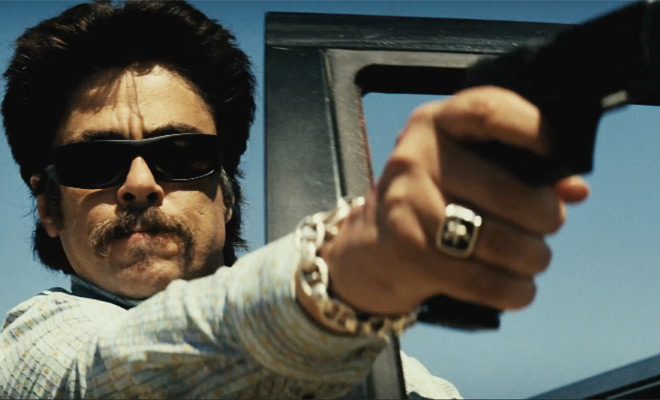
Criminal businesses will be always be attractive to both the rich and the poor. Some cartel leaders are well-educated and even rich. If it were only about income inequality, many would get out of the drug trade sooner. We need to foster opportunities for the poor, so they don’t see drug dealing as a route out of poverty. Regardless of circumstances, drug dealers are hungry for power. They would find other ways to maintain power over people, if legalizing pot truly kept all the profits for government. Experience has shown that they branch out into other crimes, such as human trafficking and selling heroin and fetanyl.
When Drug Wars Occur
Drug wars happen when growers and cartels compete to have the strongest, most potent strains of marijuana. High-THC plants bring higher profits. The marijuana industry pretends that government is to blame for the greedy, violent wars between drug cartels.
We can see the violence that comes with the competition in the drug trade in the book and movie, Savages of 2012, with Benicio del Toro. An earlier movie Blow, in which Johnny Depp played notorious drug dealer George Jung, tries to illicit sympathy for the criminal who was instrumental in bringing the Columbian cocaine trade to the USA. It is clear that greed and adventure motivated Jung, without concern about the harmful consequences to others.
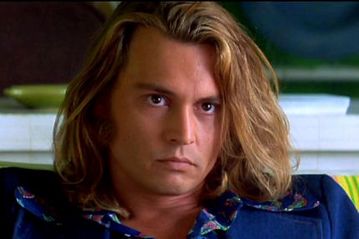
Marijuana advocates who say “drug wars don’t work,” play into current anti-government sentiments. They say anti-pot groups take money from pharmaceutical companies, police unions or the alcohol industry. These claims are without merit. In their twisted logic, they say the US has created cartel violence in Mexico. Violence of course has many causes including poverty. On the other hand, there ‘s evidence that the legalization of pot moved the cartels into other countries of Central America. The legalization of pot made the cartels promote heroin which is killing people in record numbers today.
The cause of racial problems of the United States and drug violence in Central America shouldn’t be seen as one-dimensional issues. Opinions about the “War on Drugs” are irrelevant. The “War for Drugs” is about getting a higher, more potent version of marijuana and making a big profits. It’s a cruel trick the ACLU and Drug Policy Alliance play on the public and a bad deal for minorities, because pot is very harmful.

